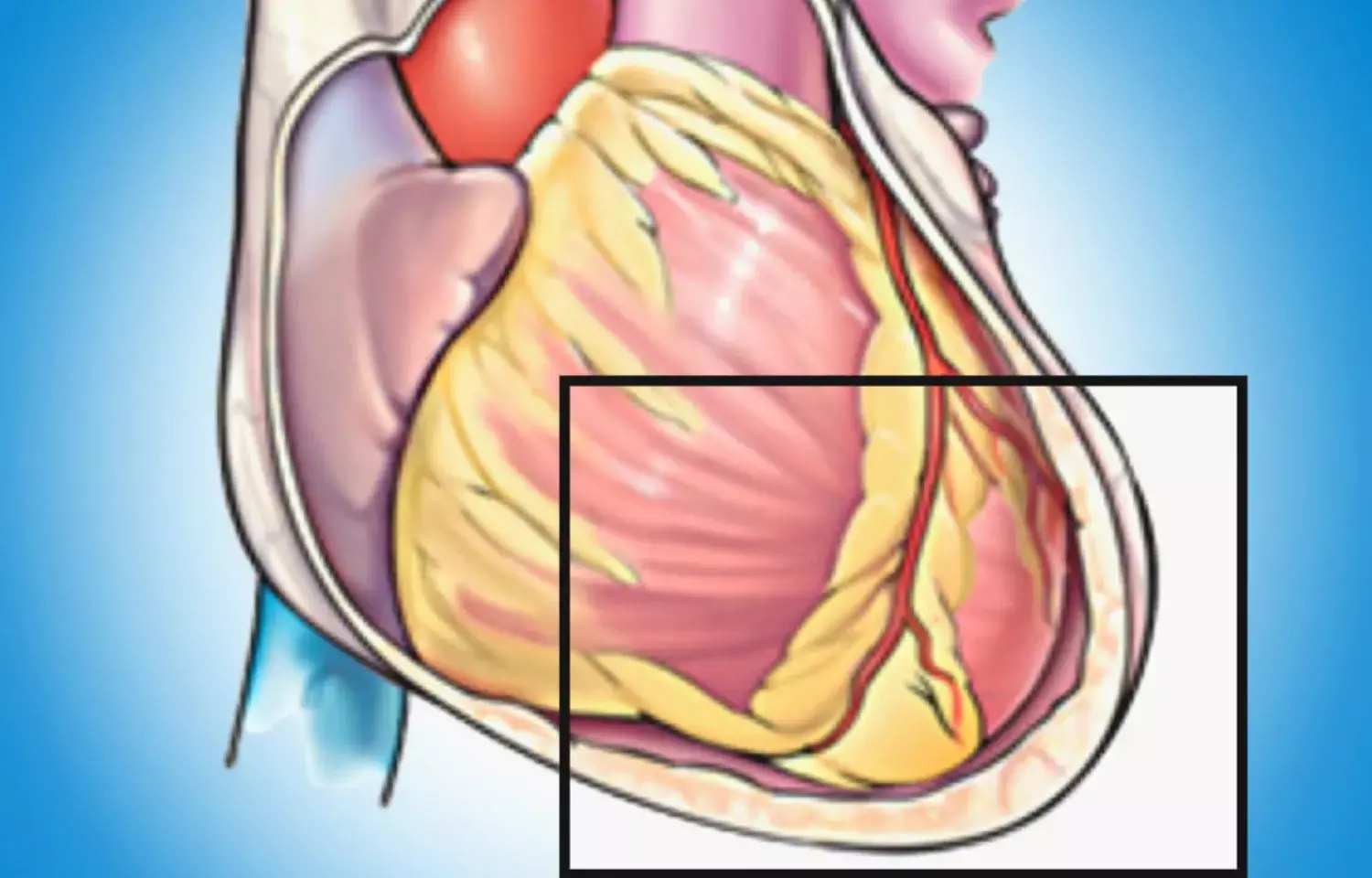- Home
- Medical news & Guidelines
- Anesthesiology
- Cardiology and CTVS
- Critical Care
- Dentistry
- Dermatology
- Diabetes and Endocrinology
- ENT
- Gastroenterology
- Medicine
- Nephrology
- Neurology
- Obstretics-Gynaecology
- Oncology
- Ophthalmology
- Orthopaedics
- Pediatrics-Neonatology
- Psychiatry
- Pulmonology
- Radiology
- Surgery
- Urology
- Laboratory Medicine
- Diet
- Nursing
- Paramedical
- Physiotherapy
- Health news
- Fact Check
- Bone Health Fact Check
- Brain Health Fact Check
- Cancer Related Fact Check
- Child Care Fact Check
- Dental and oral health fact check
- Diabetes and metabolic health fact check
- Diet and Nutrition Fact Check
- Eye and ENT Care Fact Check
- Fitness fact check
- Gut health fact check
- Heart health fact check
- Kidney health fact check
- Medical education fact check
- Men's health fact check
- Respiratory fact check
- Skin and hair care fact check
- Vaccine and Immunization fact check
- Women's health fact check
- AYUSH
- State News
- Andaman and Nicobar Islands
- Andhra Pradesh
- Arunachal Pradesh
- Assam
- Bihar
- Chandigarh
- Chattisgarh
- Dadra and Nagar Haveli
- Daman and Diu
- Delhi
- Goa
- Gujarat
- Haryana
- Himachal Pradesh
- Jammu & Kashmir
- Jharkhand
- Karnataka
- Kerala
- Ladakh
- Lakshadweep
- Madhya Pradesh
- Maharashtra
- Manipur
- Meghalaya
- Mizoram
- Nagaland
- Odisha
- Puducherry
- Punjab
- Rajasthan
- Sikkim
- Tamil Nadu
- Telangana
- Tripura
- Uttar Pradesh
- Uttrakhand
- West Bengal
- Medical Education
- Industry
Study of genetics of pericarditis reveals interleukin-1 immune cytokines inhibitors as breakthrough treatment

A study of the genetics of pericarditis increases understanding of newly approved drug treatment.
Sequence variants that protect against pericarditis have been discovered at a genomic locus encoding interleukin-1 immune cytokines. A newly approved drug treatment for pericarditis inhibits these cytokines and new a study from deCODE genetics and collaborators can contribute to the further development of this treatment.
A new study called “Variants at the interleukin-1 gene locus and pericarditis” was published today in the journal JAMA Cardiology, by scientists at deCODE genetics, a subsidiary of Amgen, and their collaborators from Denmark, USA, and Iceland.
The study involves a genome-wide search for variants affecting the risk of pericarditis, a disease characterized by often painful inflammation of the fibrous sack surrounding the heart. A subset of patients experiences recurrent pericarditis that does not respond well to traditional treatment with unspecific anti-inflammatory drugs. The role of specific immune processes in pericarditis is poorly understood and the aim of the study was to use human genetics to shed light on the pathogenesis of the disease.
The scientists found common variants in the genome that protect against pericarditis. They are located in a region with genes encoding interleukin-1 inflammatory cytokines. Drugs inhibiting these cytokines have previously been used to treat other inflammatory diseases and recently they have been tested in clinical studies of recurrent pericarditis with good results. One of these drugs was approved by the US Food and Drug Administration for use in recurrent pericarditis as recently as 2021.
The results of the genetic study provide important insights. They suggest that interleukin-1 may be an important contributor to pericarditis in general, as the identified variants are common (up to approximately 50% frequency). Furthermore, the results provide the foundation for future studies, such as those aimed at understanding which interleukin-1 cytokines are most important and whether response to treatment is affected by genotype.
Reference:
Thorolfsdottir RB, Jonsdottir AB, Sveinbjornsson G, et al. Variants at the Interleukin 1 Gene Locus and Pericarditis. JAMA Cardiol. Published online December 27, 2023. doi:10.1001/jamacardio.2023.4820.
Dr Kamal Kant Kohli-MBBS, DTCD- a chest specialist with more than 30 years of practice and a flair for writing clinical articles, Dr Kamal Kant Kohli joined Medical Dialogues as a Chief Editor of Medical News. Besides writing articles, as an editor, he proofreads and verifies all the medical content published on Medical Dialogues including those coming from journals, studies,medical conferences,guidelines etc. Email: drkohli@medicaldialogues.in. Contact no. 011-43720751


